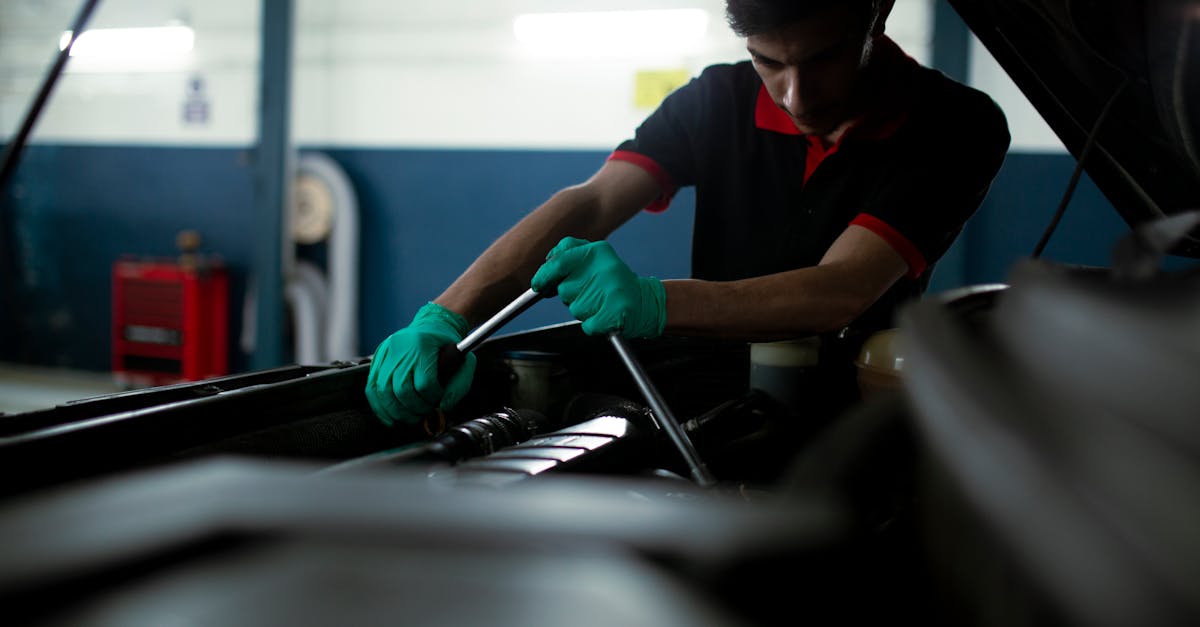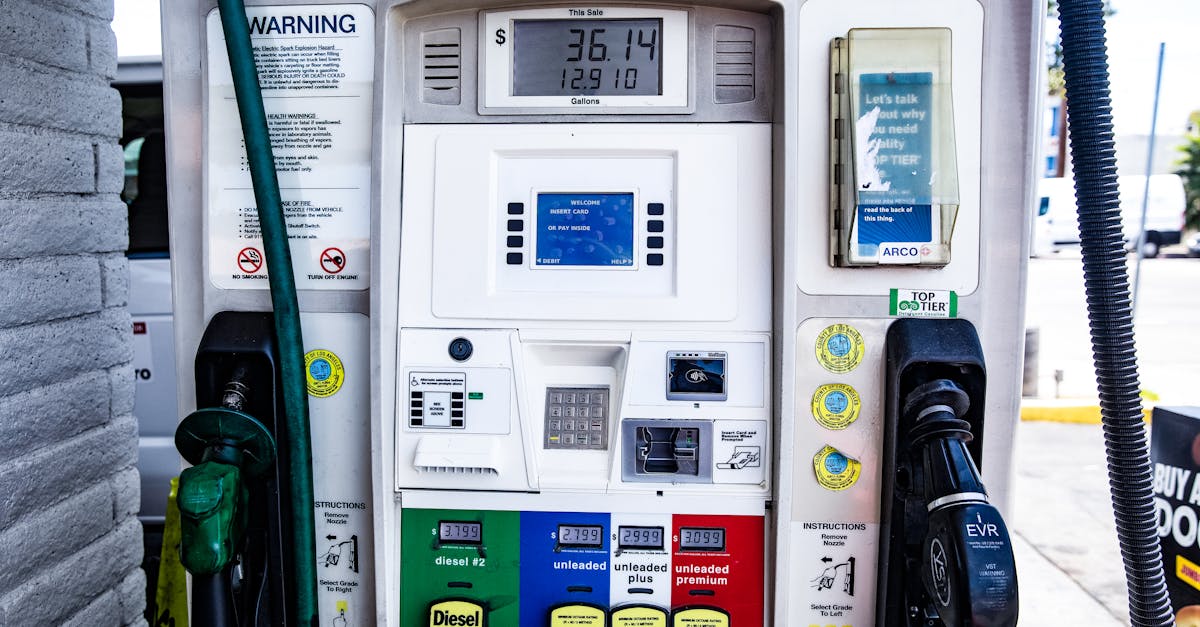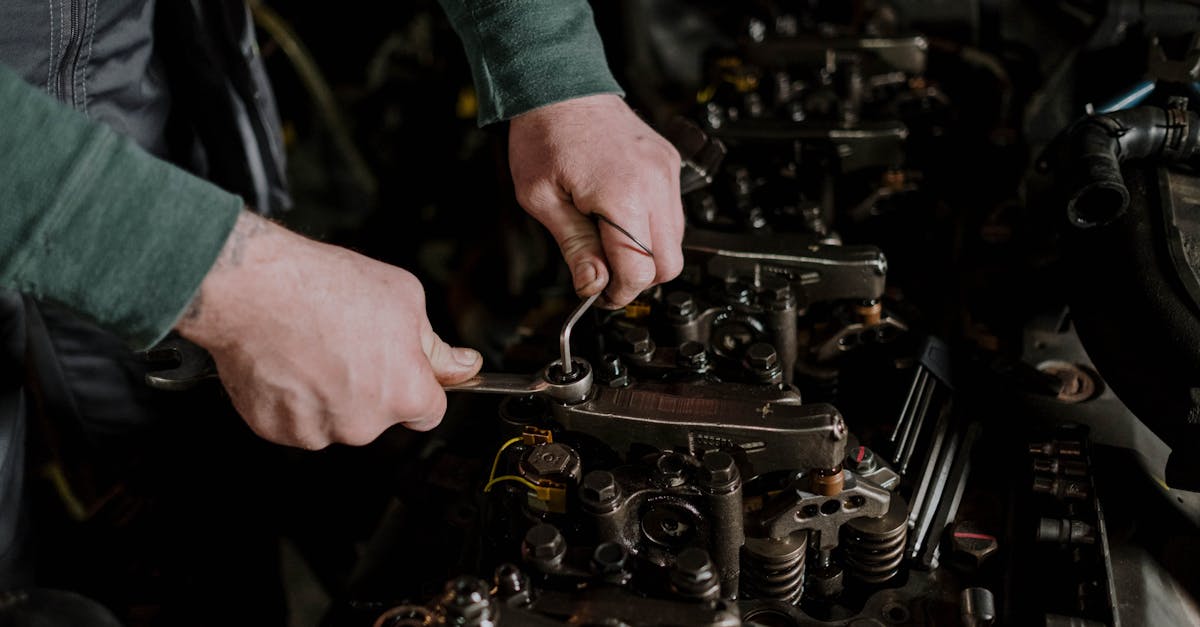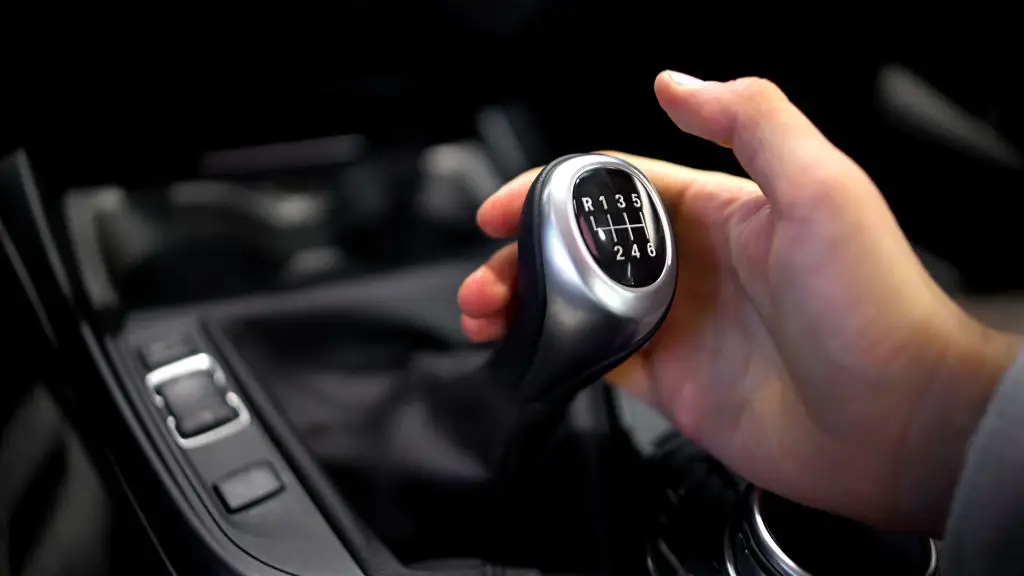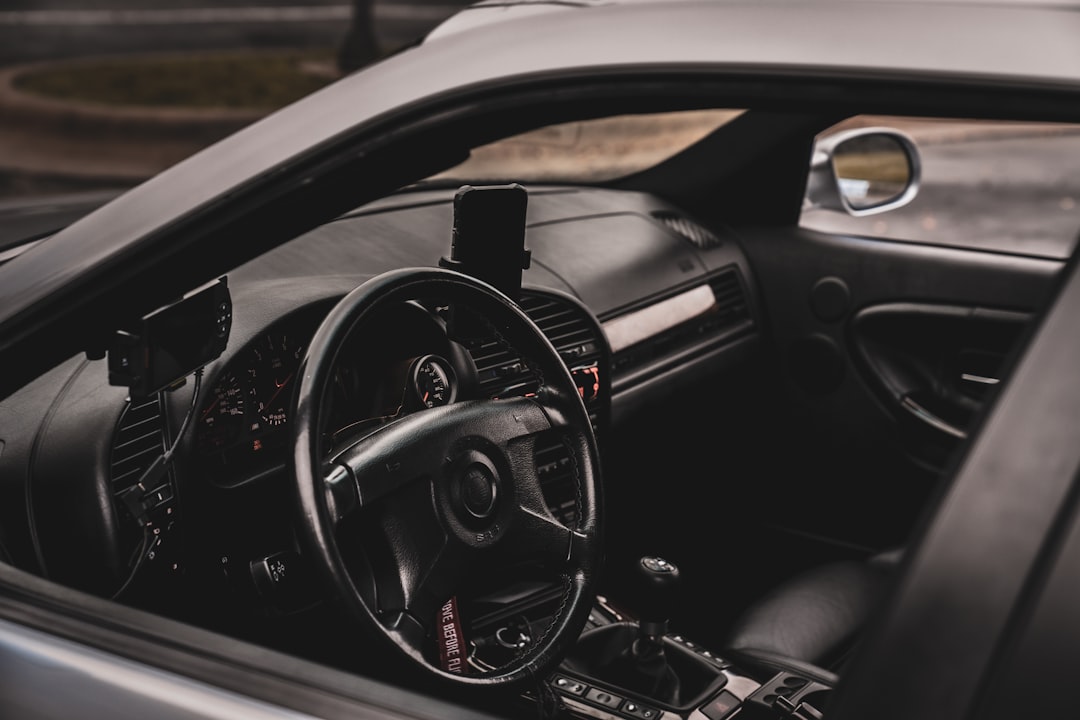10 Common Car Maintenance Mistakes You're Probably Making
Car maintenance often falls into the category of tasks we know we should do but frequently overlook until a problem arises. Many drivers are unaware of the common mistakes they might be making, which can lead to costly repairs and decreased vehicle lifespan. This article presents 10 insightful tips to help you avoid the top ten car maintenance mistakes. By understanding these common pitfalls, you can ensure that your vehicle remains in optimal condition, enhancing both safety and performance. Each section will delve into a specific aspect of car maintenance, offering practical advice and solutions to keep your car running smoothly. Let's get started!
1. The Importance of Regular Oil Changes
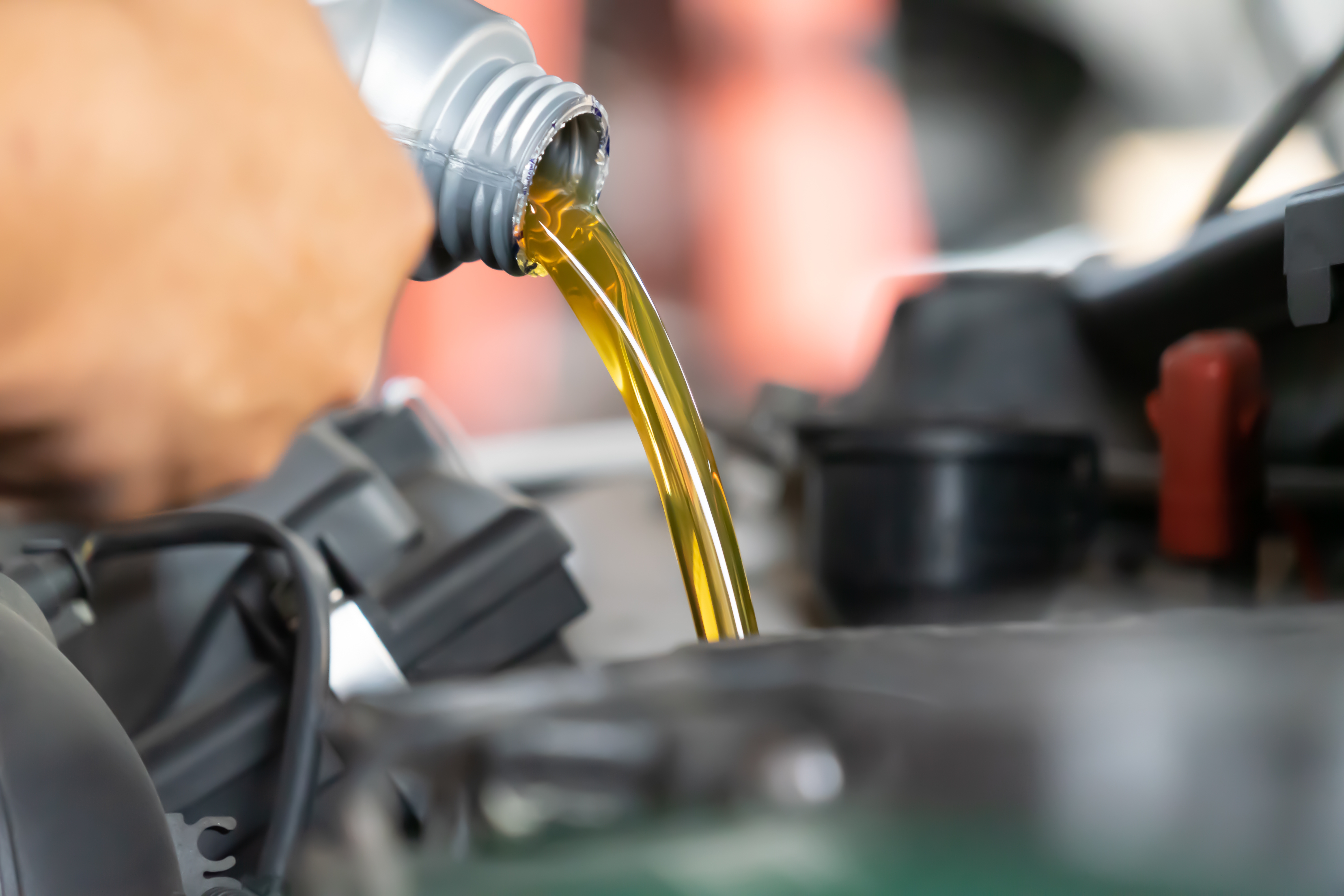
One of the most fundamental aspects of car maintenance is regular oil changes, yet it's a task often neglected. Engine oil lubricates the engine's moving parts, reduces friction, and prevents overheating. Over time, oil breaks down and becomes contaminated with dirt and debris, reducing its effectiveness. Failing to change your oil regularly can lead to increased engine wear and, ultimately, engine failure. To avoid this mistake, consult your vehicle's manual for the recommended oil change interval, typically every 3,000 to 5,000 miles, and adhere to it. Regular oil changes are a simple yet crucial step in maintaining your car's health.
2. Tire Care: More Than Just Pressure Checks
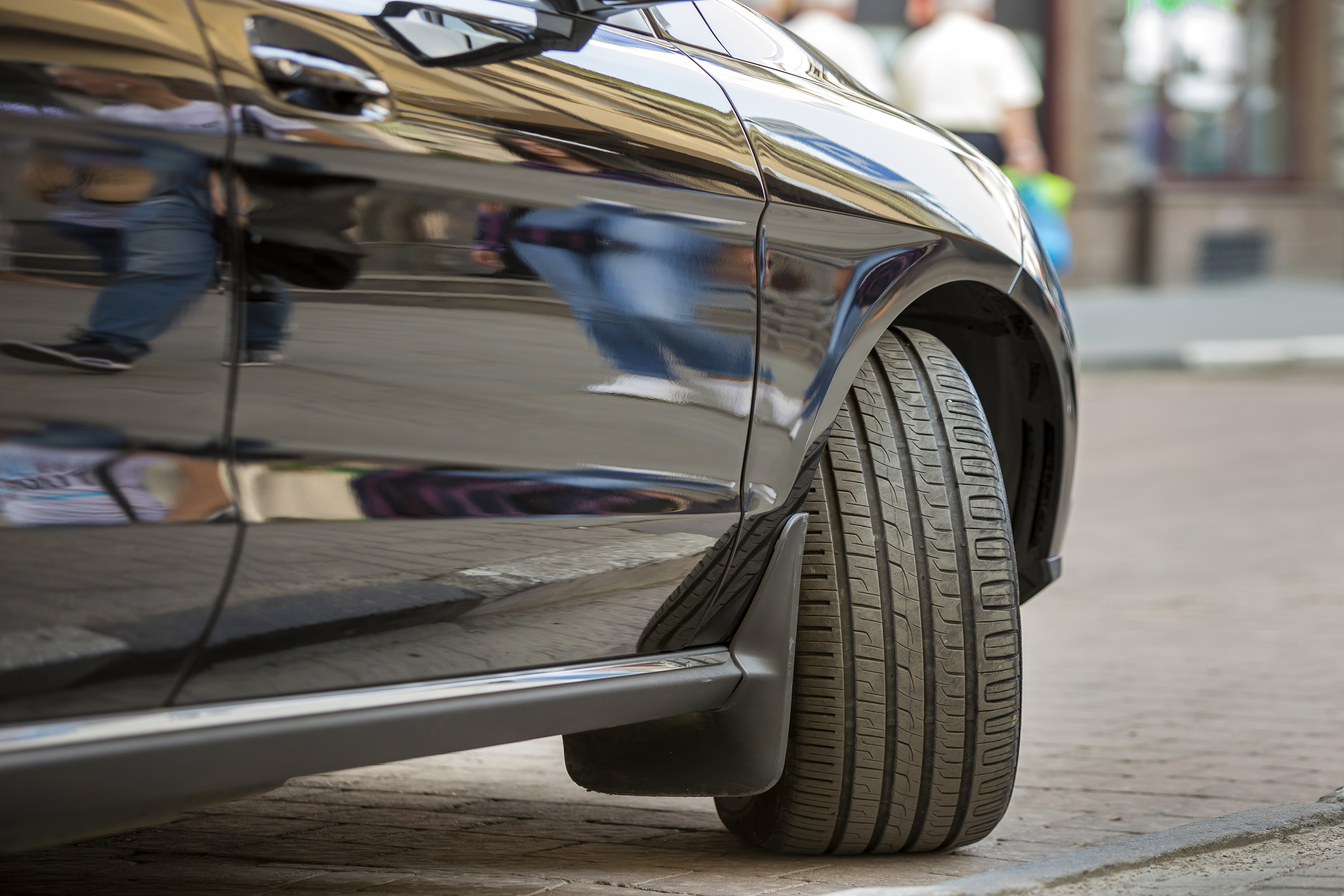
Tires are the only contact point between your car and the road, making their maintenance vital for safety and efficiency. While checking tire pressure is important, it's just one aspect of tire care. Neglecting tire rotation, alignment, and balancing can lead to uneven wear, reduced fuel efficiency, and compromised handling. To avoid these issues, rotate your tires every 6,000 to 8,000 miles and have their alignment checked annually or whenever you notice uneven wear patterns or steering issues. Proper tire maintenance not only extends the life of your tires but also enhances your vehicle's overall performance.
3. Brake System: The Silent Sentry
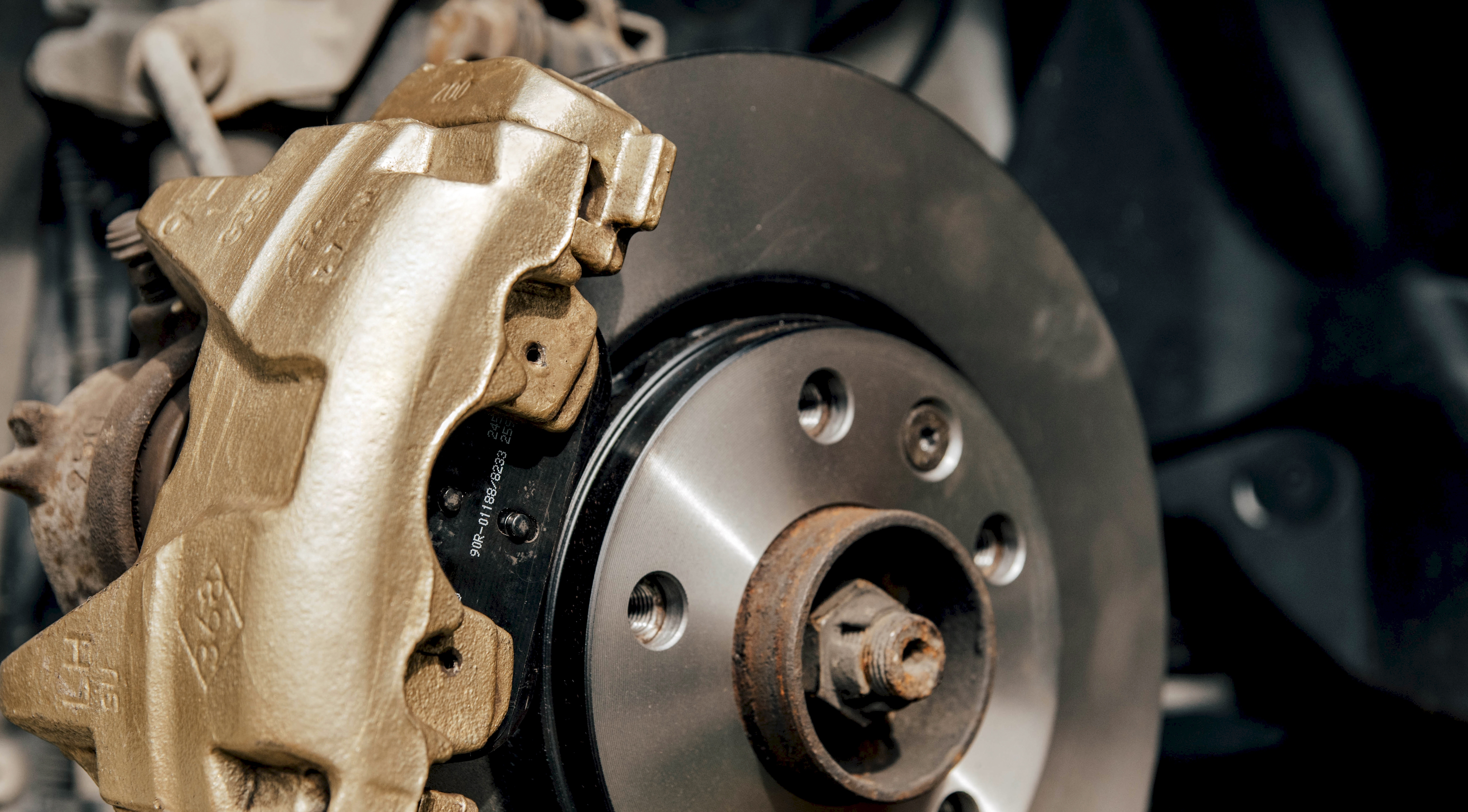
Your car's brake system is crucial for safety, yet it's often overlooked until a problem becomes apparent. Brake pads, rotors, and fluid need regular inspection and maintenance to function effectively. Ignoring warning signs such as squeaking, grinding noises, or a soft brake pedal can lead to brake failure. To avoid this mistake, have your brakes inspected at least once a year or if you notice any changes in braking performance. Replacing brake pads before they wear down completely can prevent damage to rotors, saving you money and ensuring your vehicle stops safely when needed.
4. Battery Maintenance: Powering Your Journey
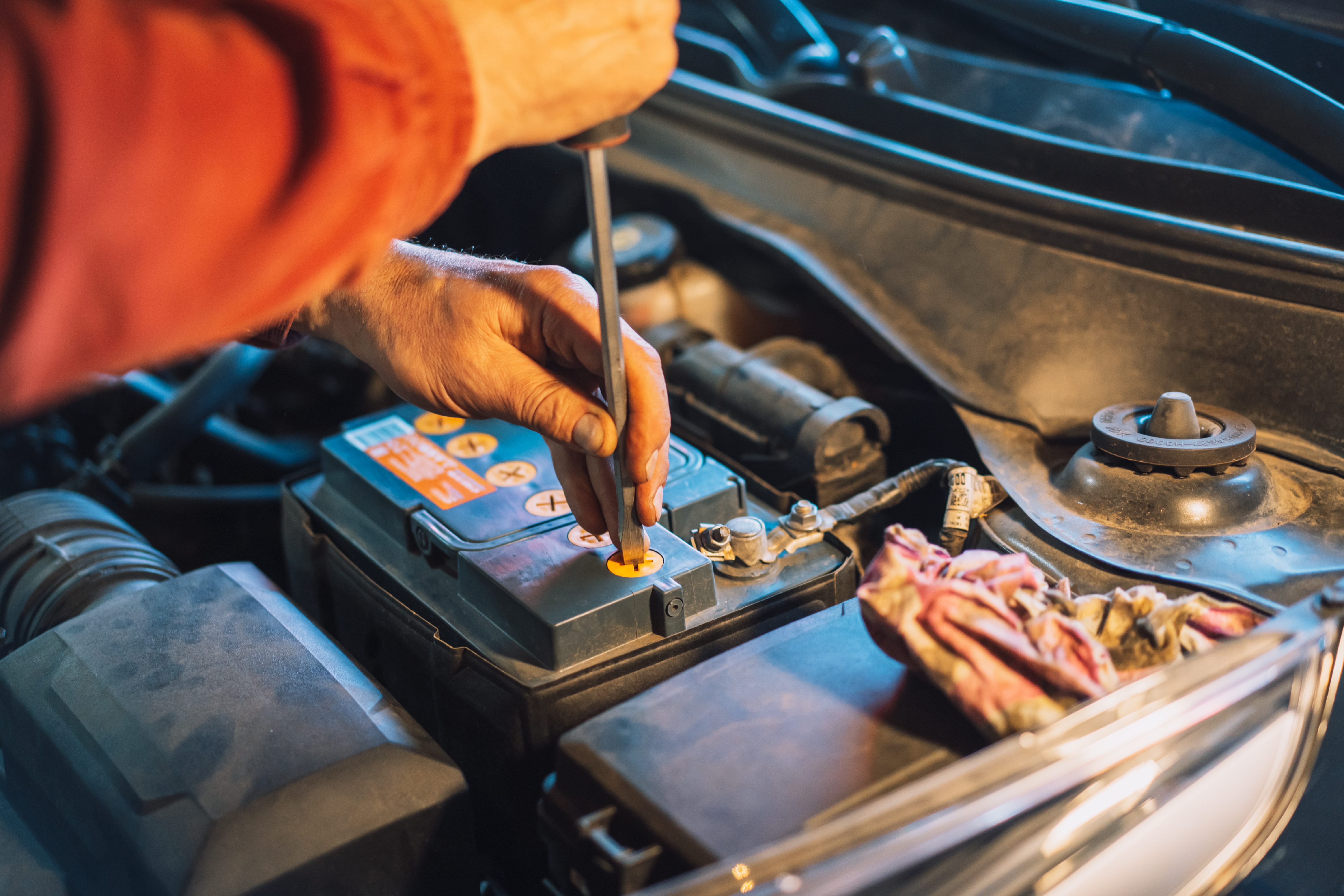
A car battery is essential for starting your engine and powering electrical systems, yet many drivers neglect its maintenance. Corroded terminals, loose connections, and an aging battery can lead to unexpected breakdowns. To avoid these issues, regularly check your battery's terminals for corrosion and clean them as needed. Ensure the battery is securely mounted and connections are tight. Most importantly, be aware of your battery's age; typically, car batteries last about three to five years. Replacing an old battery before it fails can prevent inconvenient breakdowns and ensure your vehicle starts reliably.
5. Fluid Levels: The Lifeblood of Your Vehicle
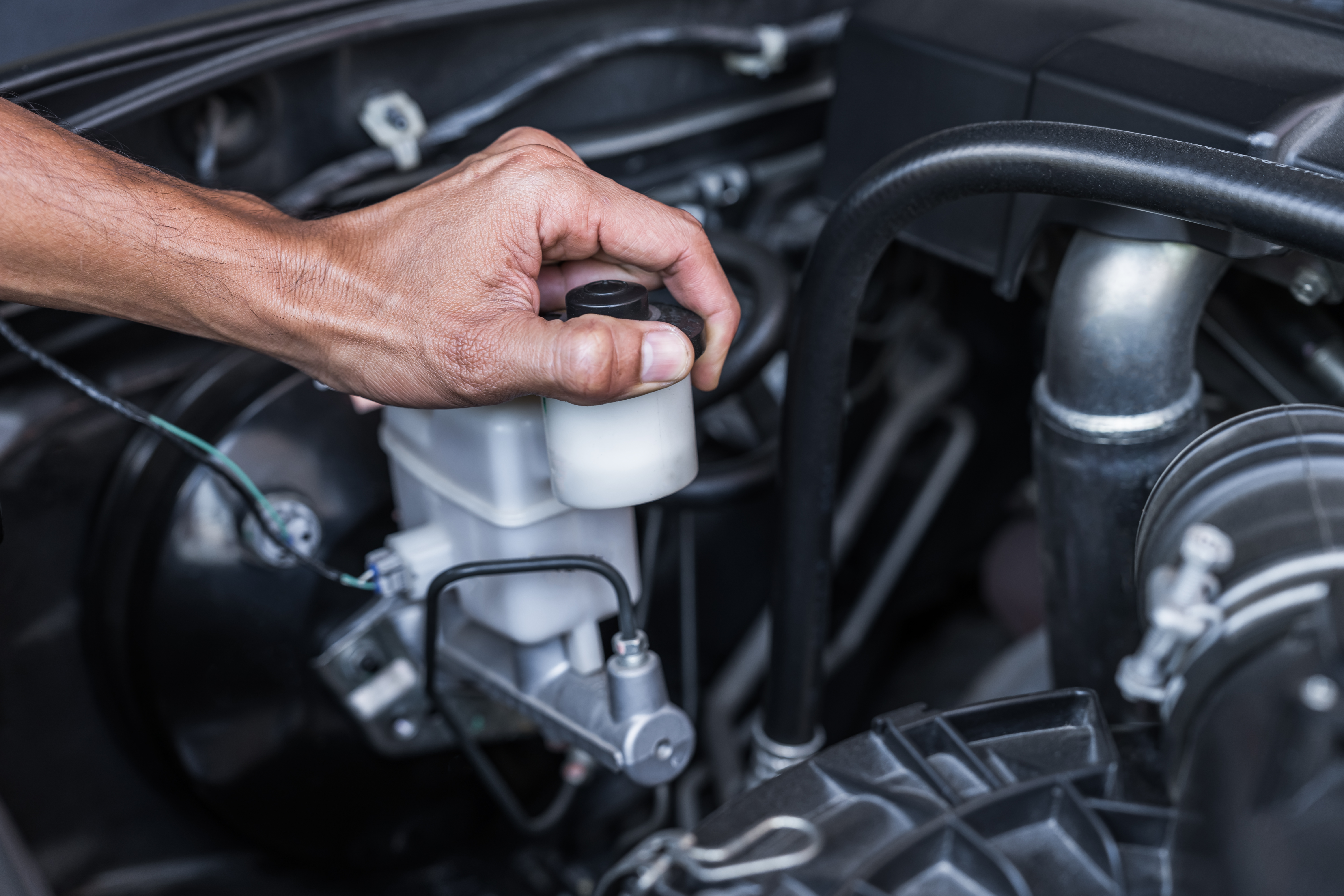
Your car relies on various fluids to operate smoothly, including coolant, transmission fluid, brake fluid, and power steering fluid. Low or contaminated fluids can lead to overheating, transmission failure, and compromised braking or steering. To avoid these issues, regularly check fluid levels and top them off as needed. Additionally, follow your vehicle's maintenance schedule for fluid flushes and replacements. Using the correct type of fluid for each system is crucial, as using the wrong fluid can cause significant damage. Keeping an eye on fluid levels ensures your car's systems function properly and prolongs its lifespan.
6. Air Filter: Breathing Easy
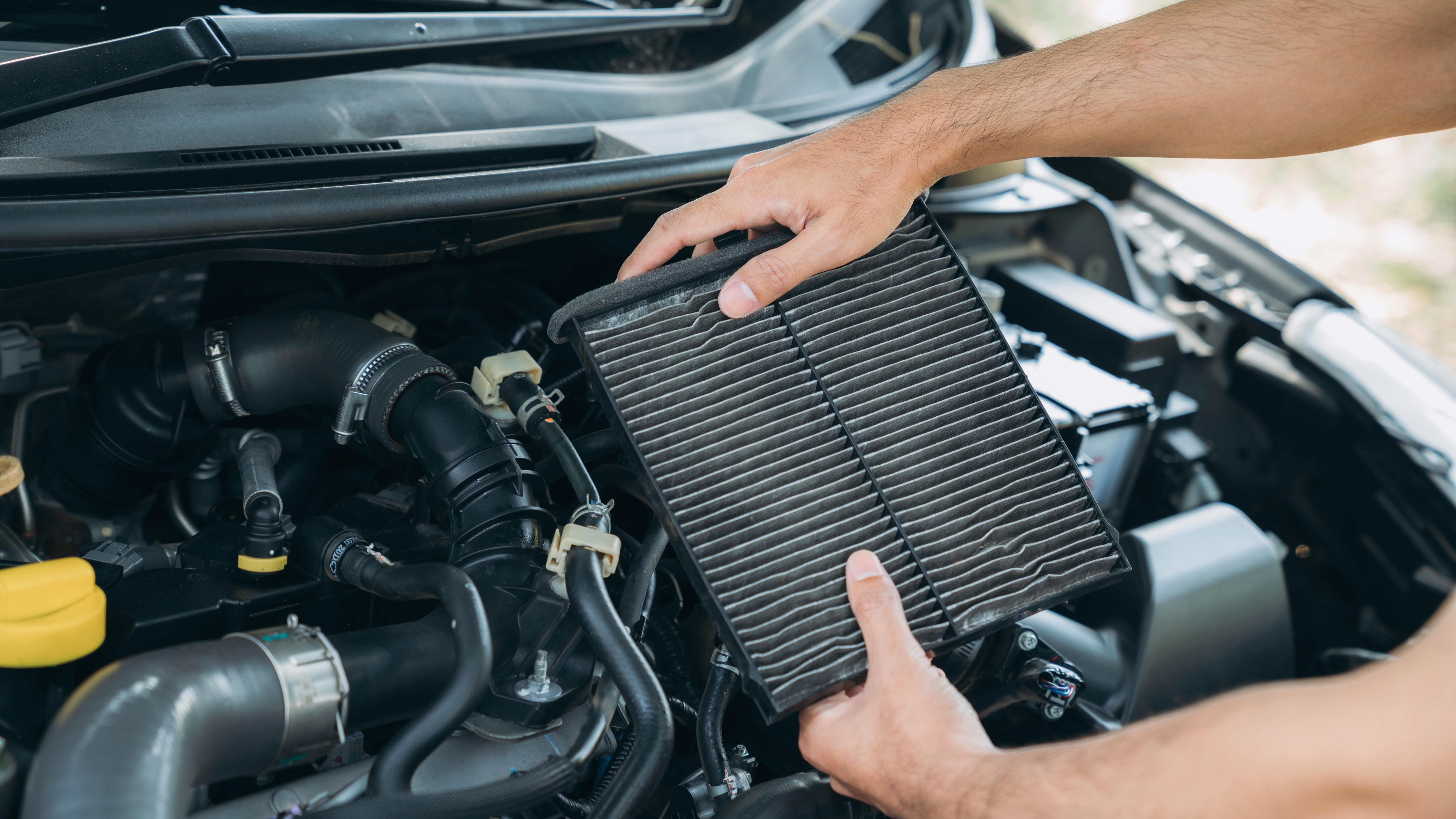
The air filter plays a vital role in maintaining your car's performance by preventing dirt and debris from entering the engine. A clogged air filter can reduce fuel efficiency, hinder acceleration, and increase emissions. Many drivers overlook this simple yet important component. To avoid this mistake, inspect your air filter every 12,000 to 15,000 miles and replace it if it's dirty or clogged. A clean air filter allows your engine to breathe freely, improving performance and fuel economy. Regular air filter maintenance is a cost-effective way to ensure your vehicle runs smoothly and efficiently.
7. Ignoring Warning Lights: The Dashboard's SOS
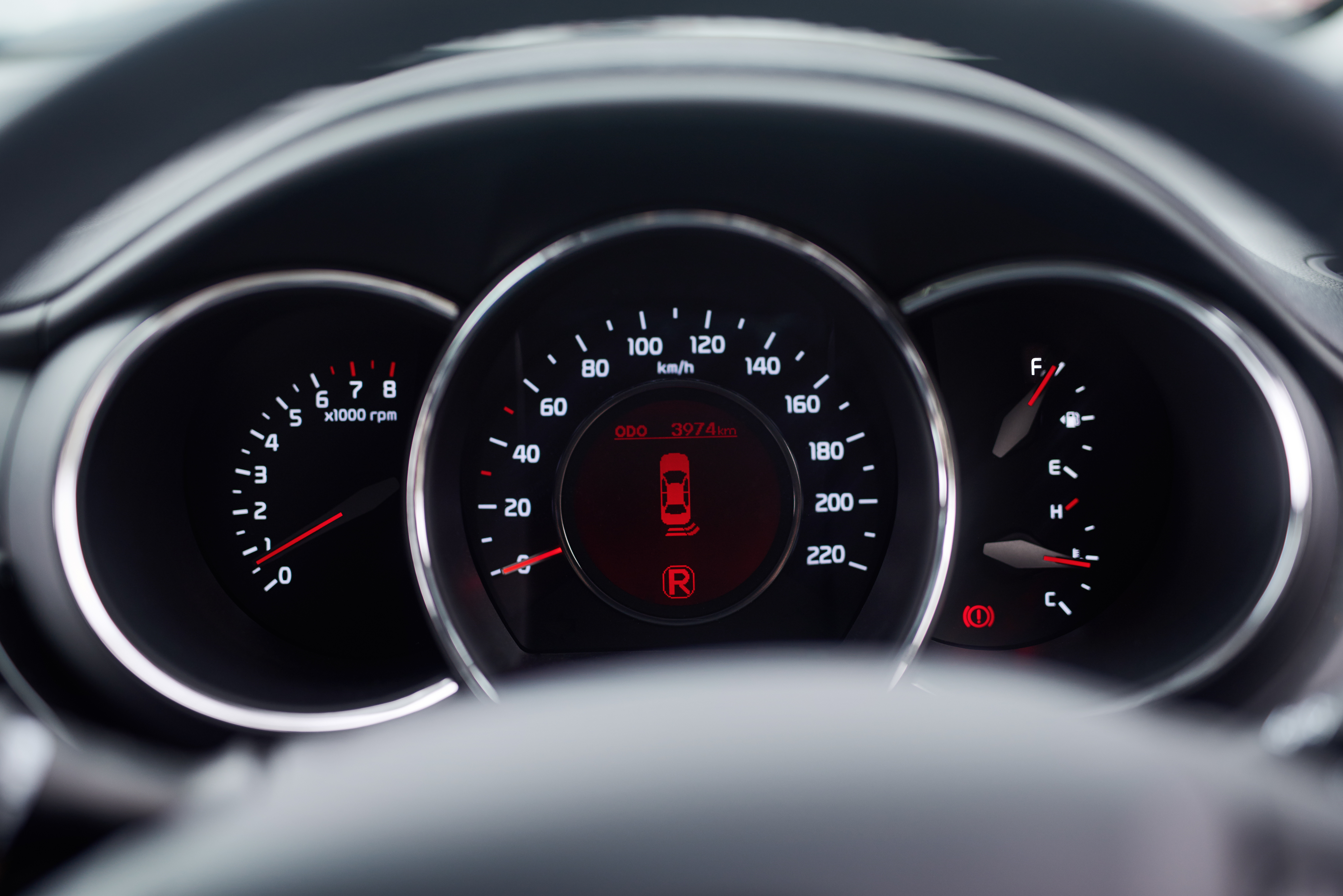
Modern vehicles are equipped with sophisticated onboard diagnostic systems that alert you to potential issues through warning lights on the dashboard. Ignoring these lights can lead to severe problems and costly repairs. Each light indicates a specific issue, from low oil pressure to engine malfunctions. To avoid this mistake, familiarize yourself with your vehicle's warning lights and their meanings. When a light illuminates, address the issue promptly by consulting your owner's manual or seeking professional assistance. Paying attention to warning lights can prevent minor problems from escalating into major repairs.
8. Neglecting the Cooling System: Avoiding Overheating
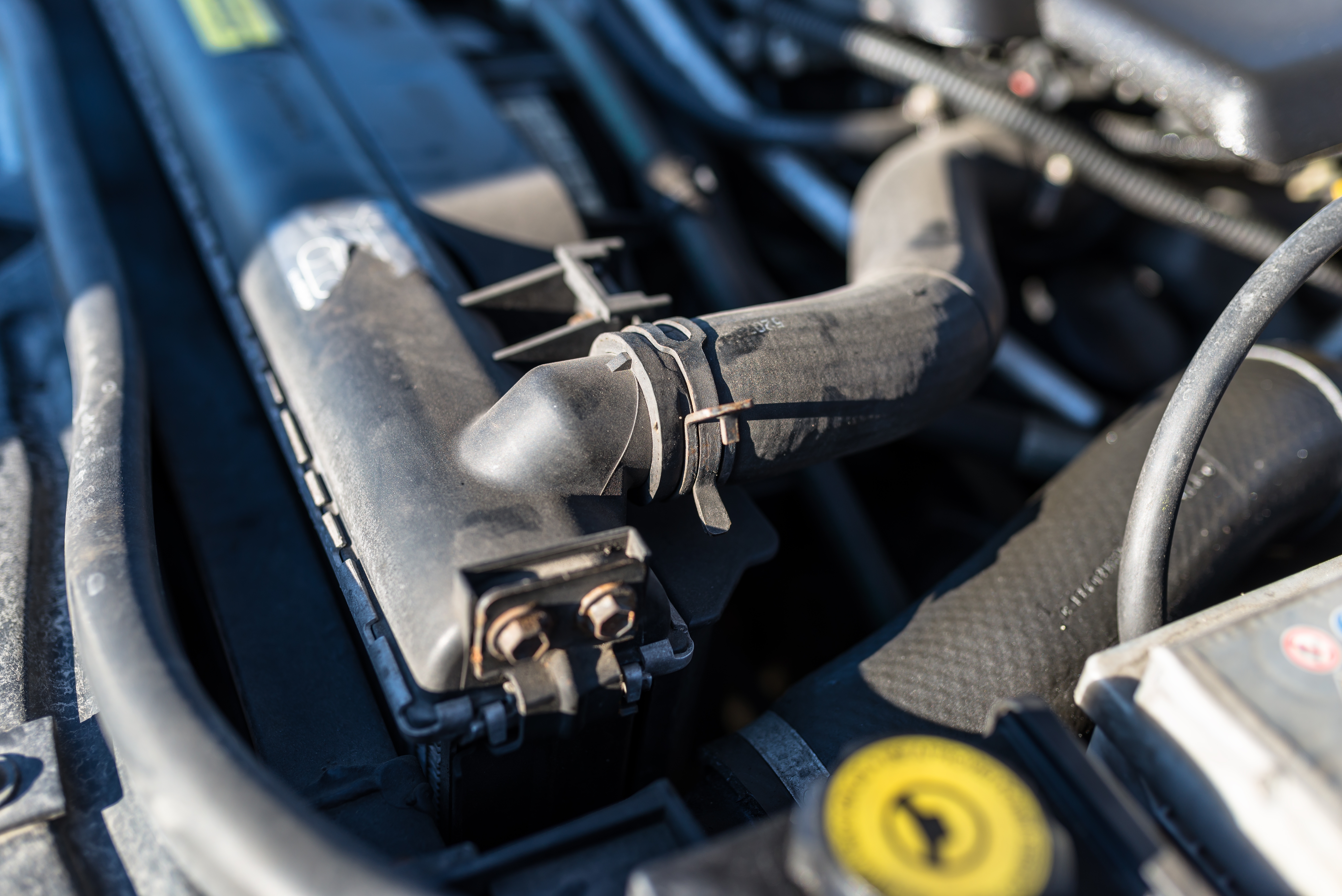
The cooling system is essential for preventing engine overheating, which can cause severe damage. Many drivers neglect the cooling system, leading to issues such as radiator leaks, a failing thermostat, or a malfunctioning water pump. To avoid these problems, regularly check the coolant level and inspect the radiator and hoses for leaks or damage. Follow your vehicle's maintenance schedule for coolant flushes and replacements. Ensuring your cooling system is in good condition can prevent overheating and extend your engine's life, keeping your vehicle running smoothly even in extreme temperatures.
9. Wiper Blades: Clear Vision, Safe Driving

Wiper blades are crucial for maintaining visibility during adverse weather conditions, yet they are often overlooked until they fail. Worn or damaged wiper blades can impair your vision and compromise safety. To avoid this mistake, inspect your wiper blades regularly and replace them every six months or when they show signs of wear, such as streaking or skipping. Choose high-quality blades that suit your vehicle's specifications for optimal performance. Maintaining clear visibility through properly functioning wiper blades is essential for safe driving, especially during rain or snow.
10. Neglecting Routine Inspections: Proactive Maintenance
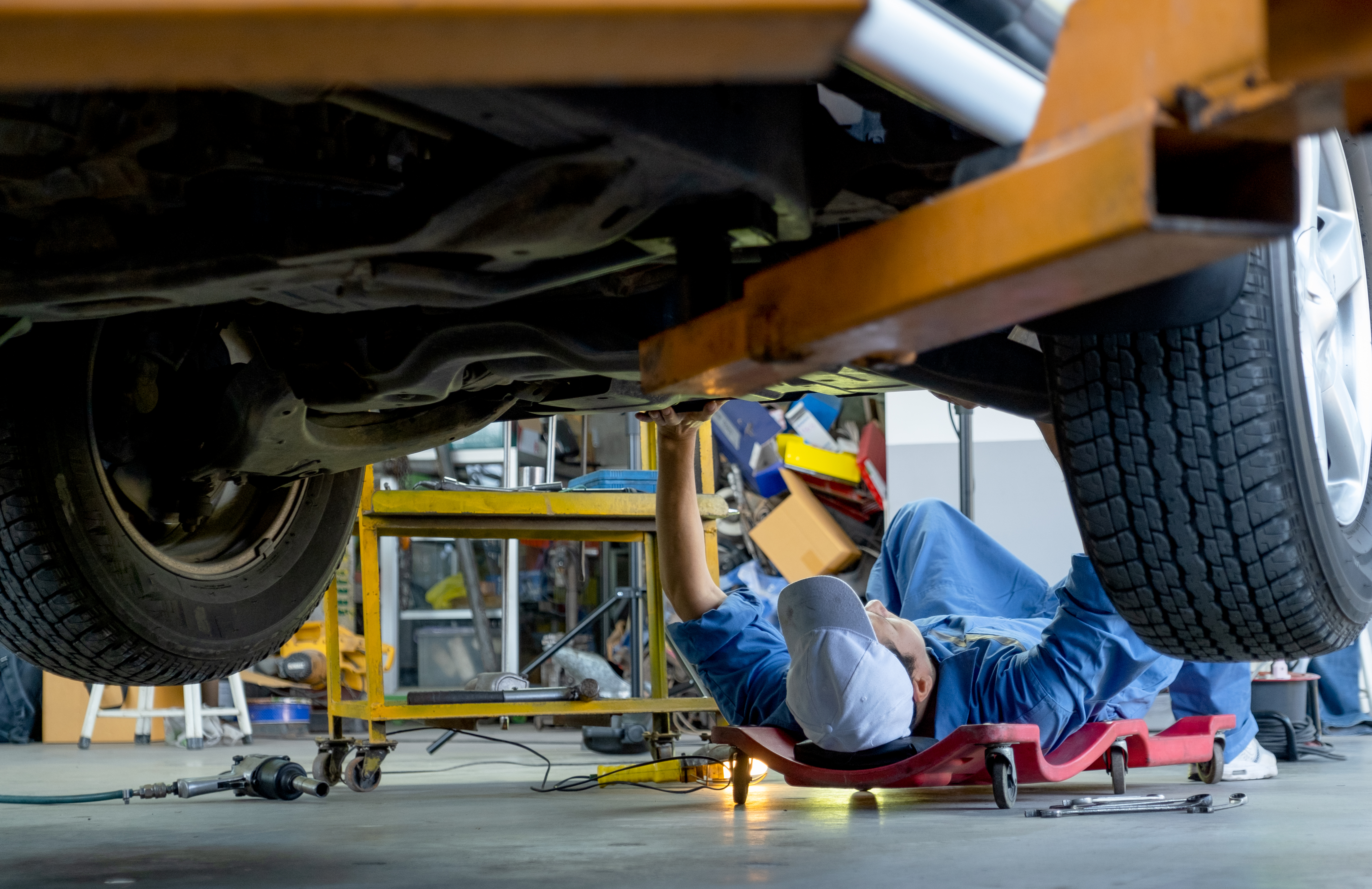
Routine inspections are vital for identifying potential issues before they become major problems. Many drivers neglect regular inspections, focusing only on immediate repairs. To avoid this mistake, schedule routine inspections with a trusted mechanic to assess your vehicle's overall condition. These inspections can identify wear and tear, fluid leaks, or other issues that might not be immediately apparent. Proactive maintenance allows you to address minor problems before they escalate, saving you money and ensuring your vehicle remains reliable and safe on the road.
Mastering Car Maintenance
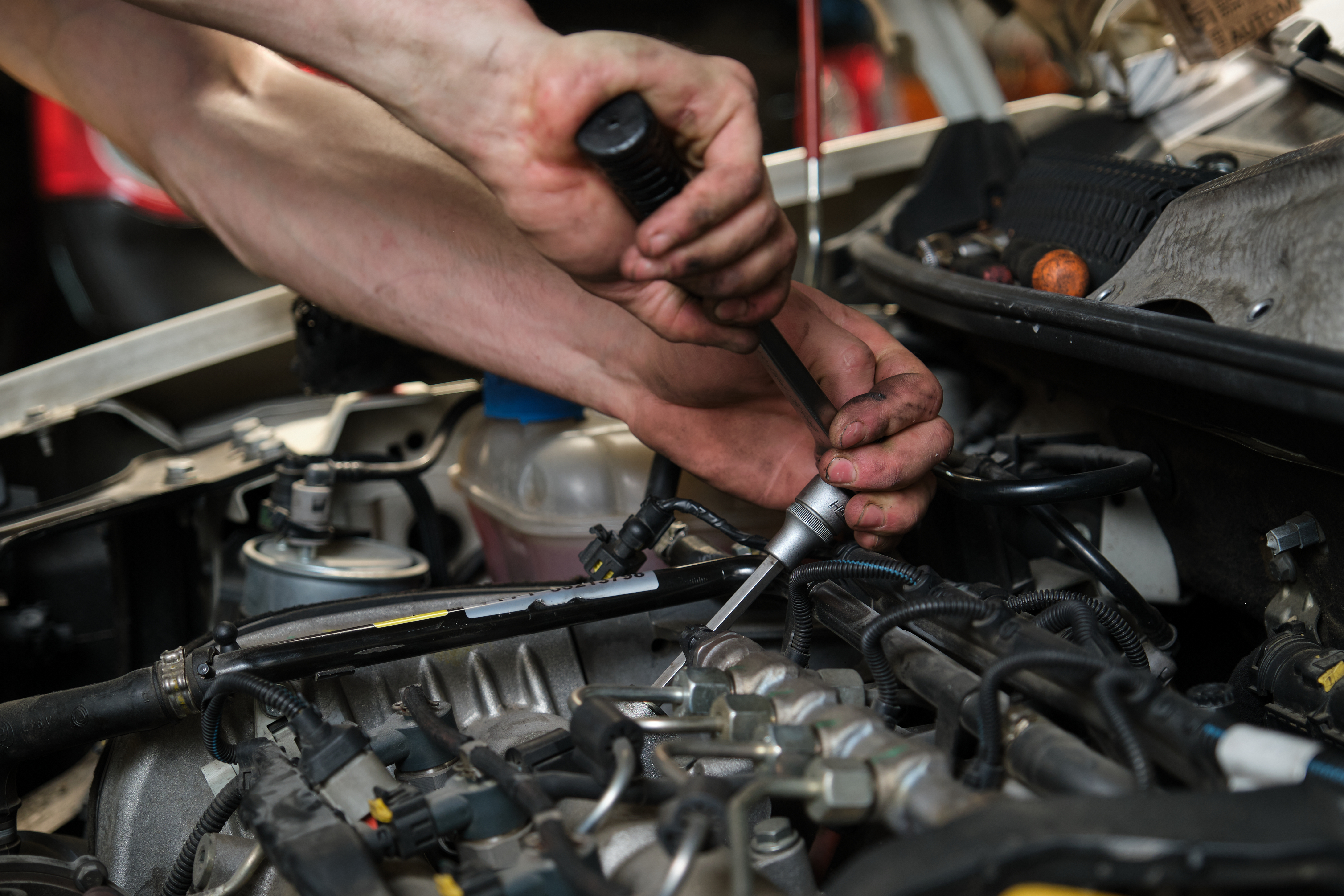
Avoiding the top ten car maintenance mistakes requires awareness, diligence, and a proactive approach. By understanding and implementing the 10 insights discussed, you can significantly reduce the risk of costly repairs and extend your vehicle's lifespan. Regular oil changes, tire care, brake inspections, battery maintenance, fluid checks, air filter replacement, attention to warning lights, cooling system upkeep, wiper blade replacement, and routine inspections are all essential components of comprehensive car maintenance. By mastering these practices, you can enjoy a safer, more efficient driving experience and keep your car in peak condition for years to come.

